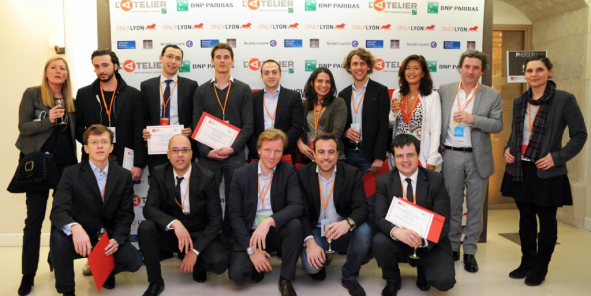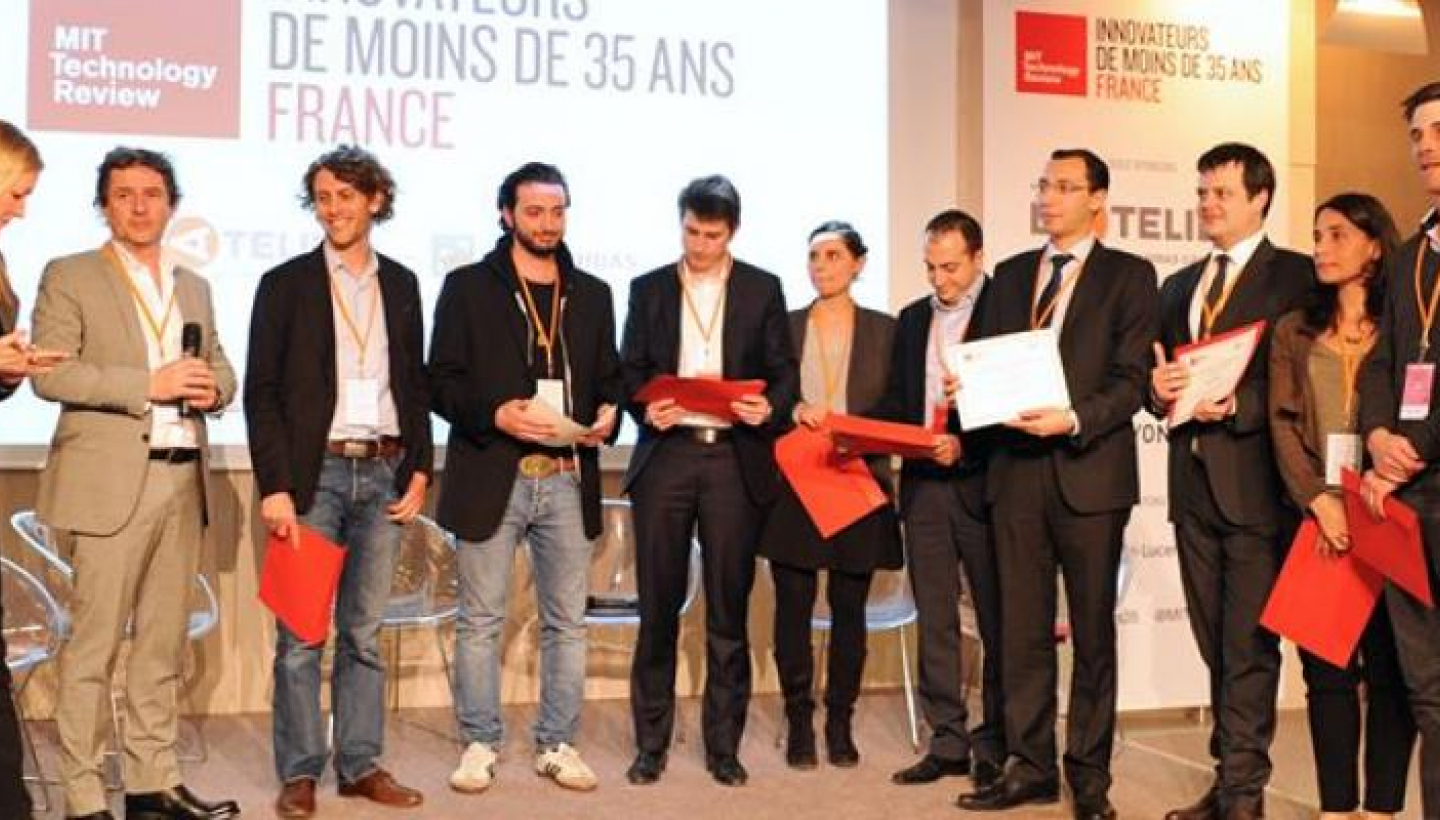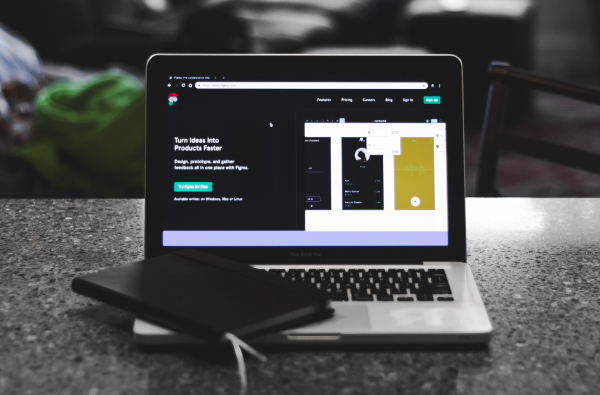The second edition of the event organized by the MIT in France offers the most technologicallyinnovative ideas.
"One drop of blood contains more molecules than the trees in the Amazonian forests. And the genetic signature of a disease like cancer is an invasive species that is hidden among the millions of trees."
Rémi Dangla, a young French engineer, explains the problem he is trying to solve with his innovative project. It is a platform for automatic and highly accurate genetic analysis. He is the youngest of the ten winners of the second edition of Innovators Under 35 in France, successfully organized by our Challenges team.
Among the winners, projects involving scientific prediction stood out. One example was by Rand Hindi, innovator of the year, whose project was based on the use of Big Data to improve the livability of cities.
Given the shortcoming posed by current prediction models based on statistics and historical contexts, Rand Hindi decided to create "Snips", a company whose tools may advance the phenomena that take place within a city. With it, resource allocation can be optimized and improve life in urban areas.
How is it possible? Snips provides reliable real-time prediction and able to understand the dynamics of cities. Its technology is based on the use of cross- referencing population flow, infrastructure usage data, historical behavior, energy consumption and even contextual data, such as weather or the location of shops, public transport, etc.
Following the same line of scientific prediction, we found the project by Karim Fahssis, engineer and lover of nature, very interesting. After familiarizing himself with 18 countries, he decided to create a software tool that would make a preliminary analysis of the most suitable areas for wind farms.
With this idea, "Wind Generator Data" (WD) was conceived which significantly reduces the uncertainty of potential funders: with this tool the success of these infrastructures can be tested in a simpler way.

Also noteworthy is the contribution by Samuel Thomas, the social award innovator who designed sustainable and durable solar lighting systems at low cost. His project, Sunna Energy, opens a barrier in the market for photovoltaic lighting systems based on LED; despite the total cost of the equipment still being unknown, it is likely to be much cheaper than current ones.
Other advantages of Energy Sunna are its easy handling and versatility which are especially designed to withstand the world’s most extreme weather conditions. The engineer sees his invention bringing electricity to the poorest areas of Asia, Africa and the Middle East.
As we can see, the second French edition had some very powerful projects. To learn about them all, you can visit the page by clicking here.



